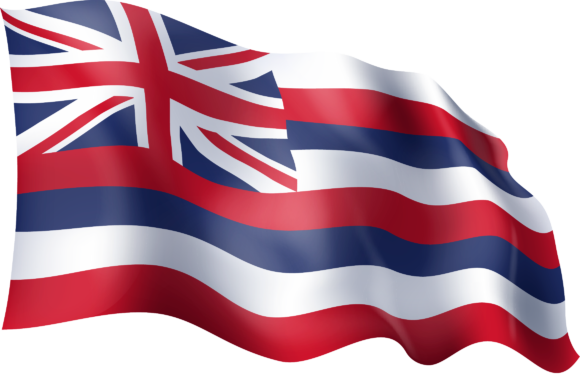Using Blocks
In December 2018, with the release of version 5.0, WordPress unveiled a new way to edit posts and pages, called the Gutenberg editor. Previously, you edited WordPress posts and pages in a text-based classic editor. But now, with Gutenberg, you can create and edit posts and pages by adding blocks and positioning them on your page.
Block Guides
We are using two block libraries (WordPress and Kadence) and a custom set of blocks created solely for use in this state template.
Of note, in this template, many blocks have been removed and are not available for your use. Also, many of the style options for each block that you might see referenced in each guide have also been removed in order to keep a consistent look to the overall template design.
Most Common Blocks
As of 2023, there are over 90 default blocks available. however, the vast majority will never be needed as you edit content day to day. Below are the most common blocks that you’re likely to use:
Paragraph
The Paragraph block is the default block type for text added to the editor. It is the block you will use the most.
Heading
Use headings to introduce new sections and subsections, break up the text, organize content, and populate the table of contents. Headings help organize and structure your content and make it readable to both visitors and search engines.
Example
Heading 1
This is some text.
Heading 2
This is some text.
Heading 3
This is some text.
Heading 4
This is some text.
Heading 5
This is some text.
List
The List block allows you to organize content in bulleted lists.
Example
- Item 1
- Item 2
- Item 3
Table
The Table block allows you to easily create a table in any post or page.
Example
| Header 1 | Header 2 |
|---|---|
| line 1 | line 1 |
| line 2 | line 2 |
Image
Use the Image block to insert an image onto your page or post.
Example

Video
The Video block allows you to upload video content directly into your post or page. If the video is from any online source (YouTube, Vimeo, etc), the block will be auto converted to that specific block.
Example
Button
Use the Buttons block to prompt visitors to take action with a button-style link. Your button can link to other pages on your site or an external page. It’s great for calling attention to the most important thing you want your visitors to do.
Example
Columns
Use the Columns block to insert text, media, and other content into up to six side-by-side columns. When used one after another, the columns create a grid effect. This guide will show you how to create columns on a page.
Example



Accordion
Create beautiful accordions! Each pane is able to contain any other block, customize title styles, content background and borders.
Latest Posts
Use the Latest Posts block to automatically display a list of your websites published posts. You can choose to show: excerpts, post date, author name, featured image, or specific categories. You can also select how many you want to display.
- PDF TestLink to PDF
- Post Title #5Nunc aliquet lobortis erat eget dictum. Suspendisse vitae diam mattis, ornare leo eget, pellentesque enim. Nunc eget elit libero. Integer hendrerit scelerisque ultricies. Nulla velit… Read more: Post Title #5
- Post Title #6Nunc aliquet lobortis erat eget dictum. Suspendisse vitae diam mattis, ornare leo eget, pellentesque enim. Nunc eget elit libero. Integer hendrerit scelerisque ultricies. Nulla velit… Read more: Post Title #6
Categories Lists
The Categories List block displays a list of categories based on your websites published posts by category. It’s useful if you organize your content by topics to make it easier for users to find.
Archives
The Archives block displays a date archive of your posts organized by year, month, week, or day. It’s useful for helping your users find older content.
